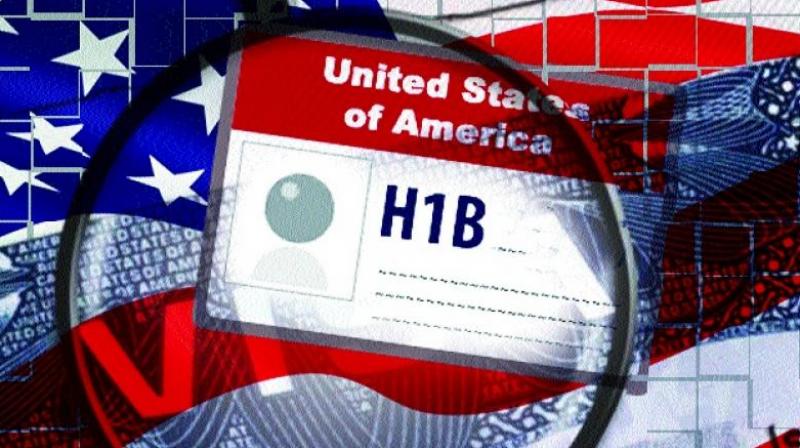H-1B crisis: It's also opportunity for India

The changes proposed in the H-1B visa regulations by the US department of homeland security will have grave implications for Indians, including techies. How many people will be affected if the changes are brought in is still unclear, but at least five lakh Indians waiting for US permanent residency could be sent home in the worst-case scenario. Many are from South India, particularly Telangana and Andhra Pradesh, from where thousands of students seek an American education and, if possible, jobs and the coveted green card. It’s not known when steps may be initiated to evict those waiting to be US citizens, during which time they may become ineligible to stay and work there. The tensions among sections of the Indian diaspora are so high that many are cancelling home visits fearing that they may be denied re-entry.
The non-immigrant H-1B visas, allotted by lottery, are said to have been monopolised by Chinese and Indian citizens who, however have been lending their shoulder to the wheels running one of the world’s largest economies. The US economy has been on the mend in the past decade since the 2008 sub-prime crash and the signs are encouraging for growth. Thus the proposed visa curbs on highly skilled workers who use H-1B could boomerang on the Trump administration and parts of the US economy like IT and healthcare. It’s believed, however, that the changes may not take place in a hurry and it could be some years before a new visa regime can be brought in place of the H-1B system. Of course, it’s hardly the right of immigrants to question the decisions of the host country.
The flip side is that the return of lakhs of highly qualified Indians may not be wholly a disaster; it could also be an opportunity for India. This country can use the expertise, much of it entrepreneurial, in building up India’s IT industry and to drive Digital India. The government must shed its bureaucratic attitude and ensure a congenial environment for creativity is offered nationwide to those forced to return or willing to do so to set up shop in their own country. Given the nature of today’s interconnected world, it’s possible to relocate without too much disruption, except in lifestyles, which techies can adapt to better than most. The domestic IT industry could also do with the kind of new skills Indian-American techies can bring back to their homeland. The challenges will be huge for those who had gone to America with the dream to make it big in the land of opportunity, like a Satya Nadella or a Sundar Pichai did. However, it’s time India strove to create an atmosphere in which skilled Indians can contribute by staying at home.

